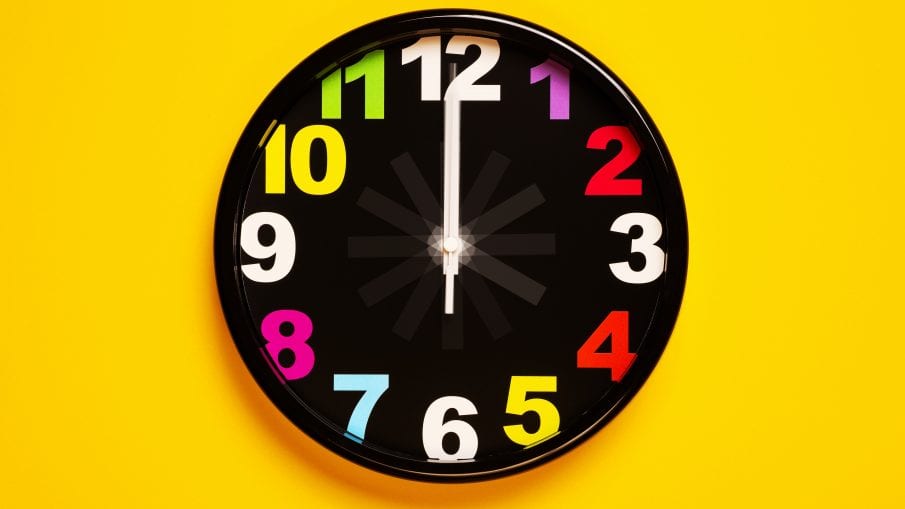Shepherdstown, W.Va., – As we near the day where we spring forward and add another hour to our mornings, the general public begins to ask itself, “Why?”
Freshman, Chelsea Wells said it best, “Daylight saving time is something I forget about until I have to reset my clock. I don’t really understand it.”
Daylight-Saving Time (that’s right, it’s not ‘Savings’) was conceived by British builder, William Willet, to prevent the country from wasting daylight. This idea was then picked up by the German government in 1916 as a way to save energy.
As ridiculous as it may sound to our modern society, this was actually effective as they relied more heavily on the sun and natural light in order to maximize work output.
In our modern society, studies show that any effect is negligible, if not, slightly detrimental in terms of energy use. When an extra hour is tacked onto our evenings, we may use less light, but generally there is an uptick in air conditioning usage, which uses substantially more electricity than a few lightbulbs.
There are other also issues such as interrupting our normal sleep cycles, as freshman, Camryn Monroe noted, “I wish it [daylight saving time] wasn’t a thing, I keep losing sleep and getting thrown off.”
It may seem silly, but Till Roenneberg, a biologist at Ludwig-Maximilians University has conducted research that suggests that the human body’s sleep cycle may never truly adjust to the change of Daylight-Saving Time. These effects don’t seem to be extremely detrimental, but it’s certainly interesting to consider.
On the other hand because of the tilt of the Earth’s axis, the further from the Earth’s equator the more extreme seasons tend to be. To elaborate, countries and landmasses closer to the equator tend to be sunny all year round, and therefore, have less of a reason or incentive to implement Daylight-Saving Time.
However, closer to the poles humans live we experience varying levels of sunshine during the year, as they have more pronounced seasons.
The history and implementation is… strange. Daylight Saving Time has quite a few arguments against it, but honestly, whether it stayed or left it wouldn’t matter.
As freshman, Kristen McMillion said, “I understand it, but I don’t think at this point in time it’s a relevant or necessary part of the way we run our society… and that’s on jah.”
As fascinating as sensationalizing or polarizing the concept of ending Daylight-Saving Time would be, it genuinely doesn’t really matter.
Daylight-Saving Time has no extreme benefits or detriments except for the annoyance of setting the car clock.
So, let’s say goodbye to this conversation and talk about what really matters… how can a groundhog predict winter?

Leave a Reply